Warnings
Hydrocodone can slow or stop your breathing. Never use Lortab in larger amounts, or for longer than prescribed. Narcotic pain medicine may be habit-forming, even at regular doses. Never share this medicine with another person, especially someone with a history of drug abuse or addiction. Keep the medication in a place where others cannot get to it.
MISUSE OF NARCOTIC MEDICINE CAN CAUSE ADDICTION, OVERDOSE, OR DEATH, especially in a child or other person using the medicine without a prescription.
Do not use Lortab if you have used a MAO inhibitor in the past 14 days, such as isocarboxazid, linezolid, methylene blue injection, phenelzine, rasagiline, selegiline, or tranylcypromine.
An overdose of acetaminophen can damage your liver or cause death. Call your doctor at once if you have nausea, pain in your upper stomach, itching, loss of appetite, dark urine, clay-colored stools, or jaundice (yellowing of your skin or eyes).
Stop taking Lortab and call your doctor right away if you have skin redness or a rash that spreads and causes blistering and peeling.
Before taking Lortab
You should not use Lortab if you are allergic to acetaminophen (Tylenol) or hydrocodone, or if you have recently used alcohol, sedatives, tranquilizers, or other narcotic medications.
Do not use Lortab if you have taken a MAO inhibitor in the past 14 days. A dangerous drug interaction could occur. MAO inhibitors include isocarboxazid, linezolid, phenelzine, rasagiline, selegiline, and tranylcypromine.
Some medicines can interact with hydrocodone and cause a serious condition called serotonin syndrome. Be sure your doctor knows if you also take medicine for depression, mental illness, Parkinson’s disease, migraine headaches, serious infections, or prevention of nausea and vomiting. Ask your doctor before making any changes in how or when you take your medications.
To make sure Lortab is safe for you, tell your doctor if you have:
- liver disease, cirrhosis, or if you drink more than 3 alcoholic beverages per day;
- a history of alcoholism or drug addiction;
- diarrhea, inflammatory bowel disease, bowel obstruction, severe constipation;
- kidney disease;
- low blood pressure, or if you are dehydrated;
- a history of head injury, brain tumor, or stroke;
- asthma, COPD, sleep apnea, or other breathing disorders; or
- if you use a sedative like Valium (diazepam, alprazolam, lorazepam, Ativan, Klonopin, Restoril, Tranxene, Versed, Xanax, and others).



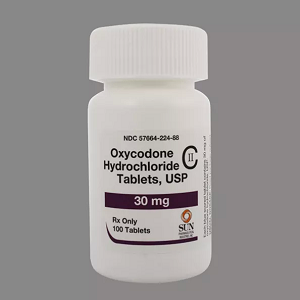

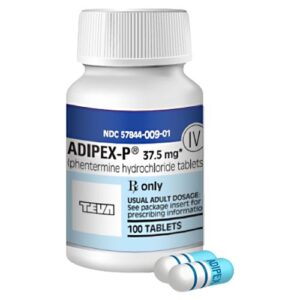

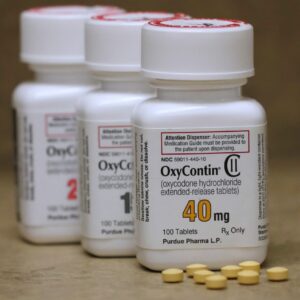
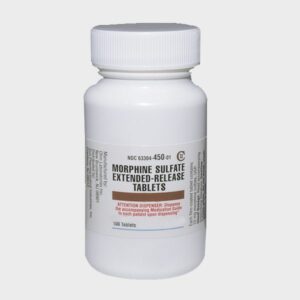


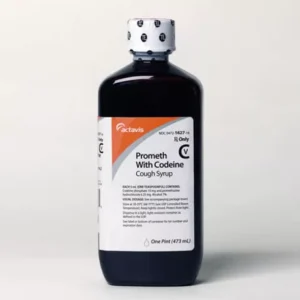
Reviews
There are no reviews yet.